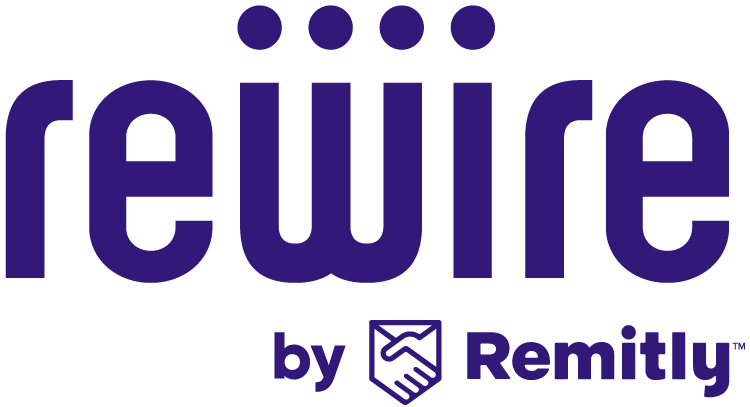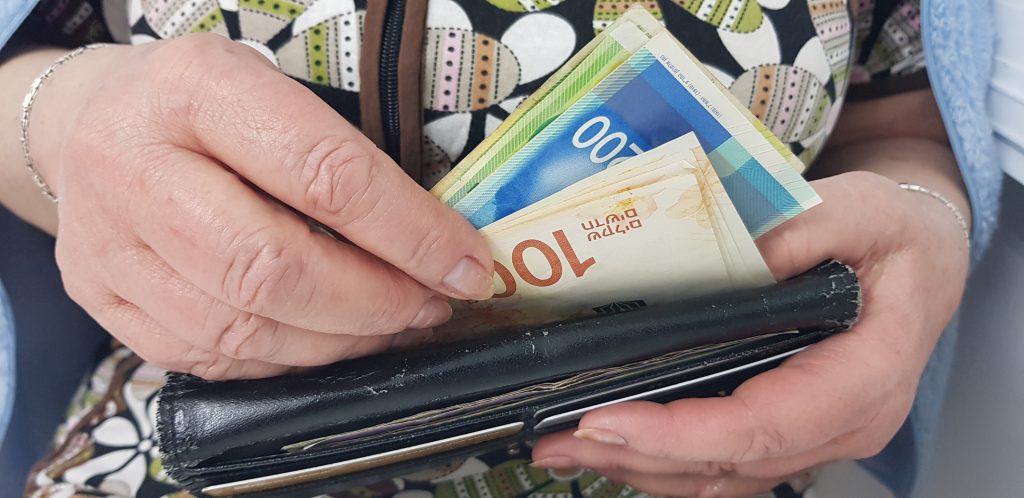Many Nigerian expats living abroad send money home, to Nigeria, on a regular basis. We send money to help out relatives who often depend on it to pay bills, purchase medicine and food, and acquire education. In November 2020, the Central Bank of Nigeria (CBN) issued two circulars, mandating all funds from diaspora remittances to be received in foreign currencies such as USD, EUR, and GBP, instead of Naira, the Nigerian currency.
As expected, these new regulations are causing a lot of confusion and frustration, leaving our fellow Nigerians in the diaspora looking for suitable solutions to send money to their loved ones, while their families in Nigeria are waiting for the much-needed funds to arrive.
These regulations raise so many questions and we’re here to answer them all.
What Exactly Do the New Regulations Say?
The bottom line is that International Money Transfer Operators (IMTO) cannot send Naira into Nigeria. The CBN issued two circulars, which basically say that:
- Beneficiaries who usually receive money transfers into their bank accounts can either collect funds in the form of cash over the counter or have it deposited directly to their domiciliary account.
- Mobile wallets can no longer receive money transfers from IMTO.
Yes, the new regulations bring a lot of changes in the way Nigerian expats remit funds and especially in the way funds can be received by beneficiaries in Nigeria. As someone living in Europe, I can attest to the hurdle the new regulations bring with them. It has now become imperative for beneficiaries to set up a domiciliary account (with any local Nigerian bank) in order to be able to receive funds from abroad. So, when sending money to Nigeria – whether it’s to my own account or my relatives’ accounts, I need to make sure that I am sending either USD, EUR, GBP, etc. to a domiciliary account.
Still, There Are Some Pros To These New Regulations
- Boost foreign exchange. CBN sees these regulations as a way to enhance the availability of foreign currencies in the country, which would lead to expansion and boost the foreign exchange market. The excess USD could be used to purchase raw materials and also enhance effective trade in the international market.
- Keep clean records. CBN plans to have a record of all diaspora remittances that are received into Nigeria. The institution wishes to accomplish this by ensuring that banks that are working with IMTOs come up with a “central reporting portal for all foreign remittances.”
- More value for your money. If the diaspora funds received by domestic banks are disbursed to beneficiaries in foreign currencies, the beneficiaries may decide to exchange the currency to Naira with a licensed Bureaux De Change and potentially get a better exchange rate, meaning, your beneficiary would get more value for the money than what they would have gotten if it was received in Naira.
Why Do Nigerians in Diaspora Object to This Move?
- There are no good, legal alternatives. Many Nigerians would sometimes trade currencies in order to send money to their loved ones. In this practice, a Nigerian who’s on a business trip in a foreign country, for example, would ask a local Nigerian for money, and in return, the businessman would transfer the same amount, in Naira, from his Nigerian bank account to the bank account of the local’s relatives in Nigeria. While this practice of trading currencies is quite common, it cannot become a routine.
- Moving backward. The new regulation has also made it impossible to receive diaspora remittances in an online wallet. This is a great burden to some Nigerians living abroad and their beneficiaries who are both already accustomed to using the online wallet facility.
- Social distancing is important. In the days of COVID-19, a situation in which people handle cash in the form of remittances received over the counter is unsafe.
CBN Special Promotion: The ‘Naira 4 Dollar’ Program
Essentially, the CBN’s goal is to increase the volume of remittances into Nigeria. So, the CBN came up with a new initiative – ‘Naira 4 Dollar,’ in which the CBN adds ₦5 to every $1 sent into Nigeria (the special promotion ends on May 8th, 2021).
For example, if you send $100 – your beneficiary will receive the $100 you sent AND an additional amount of ₦500 as part of the ‘Naira 4 Dollar’ program.
I know, you usually send Shekels, not Dollars. But, when you send money home to Nigeria using Rewire, for example, you add the amount you wish to send in your local currency, and your beneficiary receives the same amount in USD. When you think about it, it’s not that different than the previous method in which you added money in your local currency, and your beneficiary received the same amount in Naira.
Pro tip: Since the initiative comes directly from CBN and is not under Rewire’s responsibility, you won’t see a record of it in your Rewire order history. To claim the money, your beneficiary will need to mention the ‘Naira 4 dollar’ program when they collect the funds you sent.
Not being able to send Naira into Nigeria has made a lot of people start looking for an alternative, legal ways to send money to their loved ones. While anything can change at any given moment, companies such as Rewire have made the proper adjustments to help Nigerians in the diaspora continue supporting their families back home by enabling foreign currency remittance. It might not be ideal, but for now, it works.










